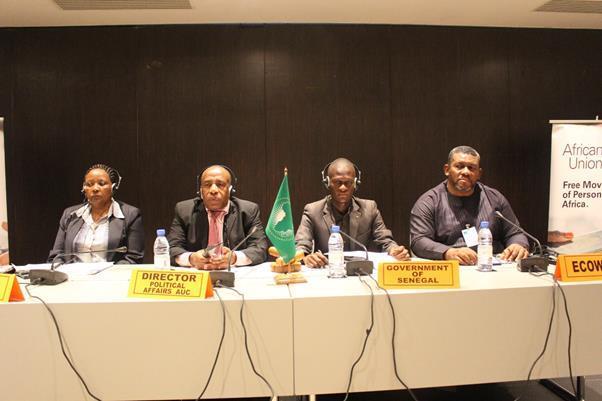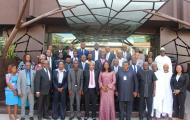Department Resources
La Revue Africaine sur le Terrorisme est publiée par le Centre Africain d’Études et de Recherche sur le Terrorisme (CAERT), Alger, Algéri
The African Journal on Terrorism is published by the The African Centre for the Study and Research on Terrorism (ACSRT), Algiers, Algeria
The African Union Commission (AUC) envisions “an integrated continent that is politically united based on the ideals of Pan Africanism an
Highlights of the cooperation with the GIZ-project “Support to the African Union on Migration and Displacement”
Violent extremism is a global issue.
Agenda 2063 is Africa’s development blueprint to achieve inclusive and sustainable socio-economic development over a 50-year period.













